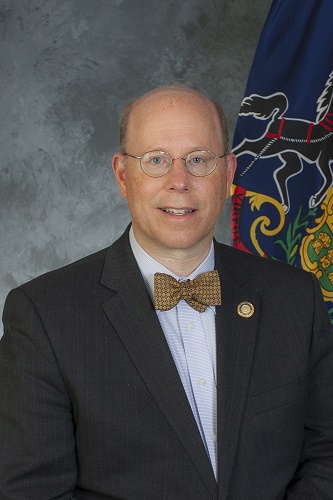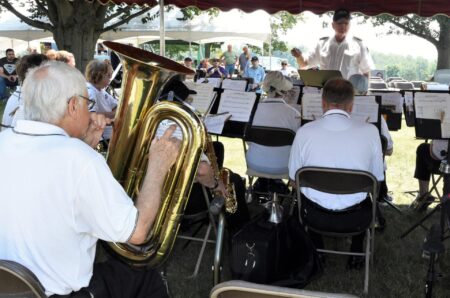HARRISBURG – Rep. Paul Schemel (R-Franklin) this week introduced legislation designed to help patients and providers wishing to utilize a Pennsylvania Orders for Life Sustaining Treatment form to direct their preferred medical treatment.
POLST is a standing medical order signed by both patient and doctor where a patient with a life expectancy of less than a year expresses his or her desire not to receive certain, otherwise ordinary, medical interventions. For example, a POLST order might direct that CPR not be administered to a patient if he or she goes into cardiac arrest. Unlike most other medical orders, POLST also travels with a patient across medical settings from one place to another, so it is good at a nursing home and a hospital. Although POLST works in tandem with a medical power-of-attorney, it is different in that it is an actual doctor’s order.
Most states have already enacted some form of POLST. Pennsylvania has been late in adopting this option due to protracted disagreements between a national POLST advocacy group and those with ethical concerns regarding the appropriate candidate for POLST.
“House Bill 2394 addresses the ethical concerns with POLST by clearly identifying individuals with life-limiting conditions as the only appropriate candidates for POLST, therefore avoiding the unintended consequence of someone signing a POLST, recovering from her illness and then forgetting that she had agreed to decline certain medical care. The legislation also makes clear that POLST is not to be used to advance or support assisted suicide,” Schemel said. “This clarification needed to happen; the bill is stronger because of it.”
POLST forms would have information about CPR, sections for individual and health care practitioner’s signatures, and procedures for verbal consent. The orders would be valid anywhere in the state, including when transporting a patient, and would need to be renewed annually. Health care providers would be granted immunity for complying with the order based on good-faith assumptions they make.
House Bill 2394 was referred to the House Health Committee for its consideration.





















